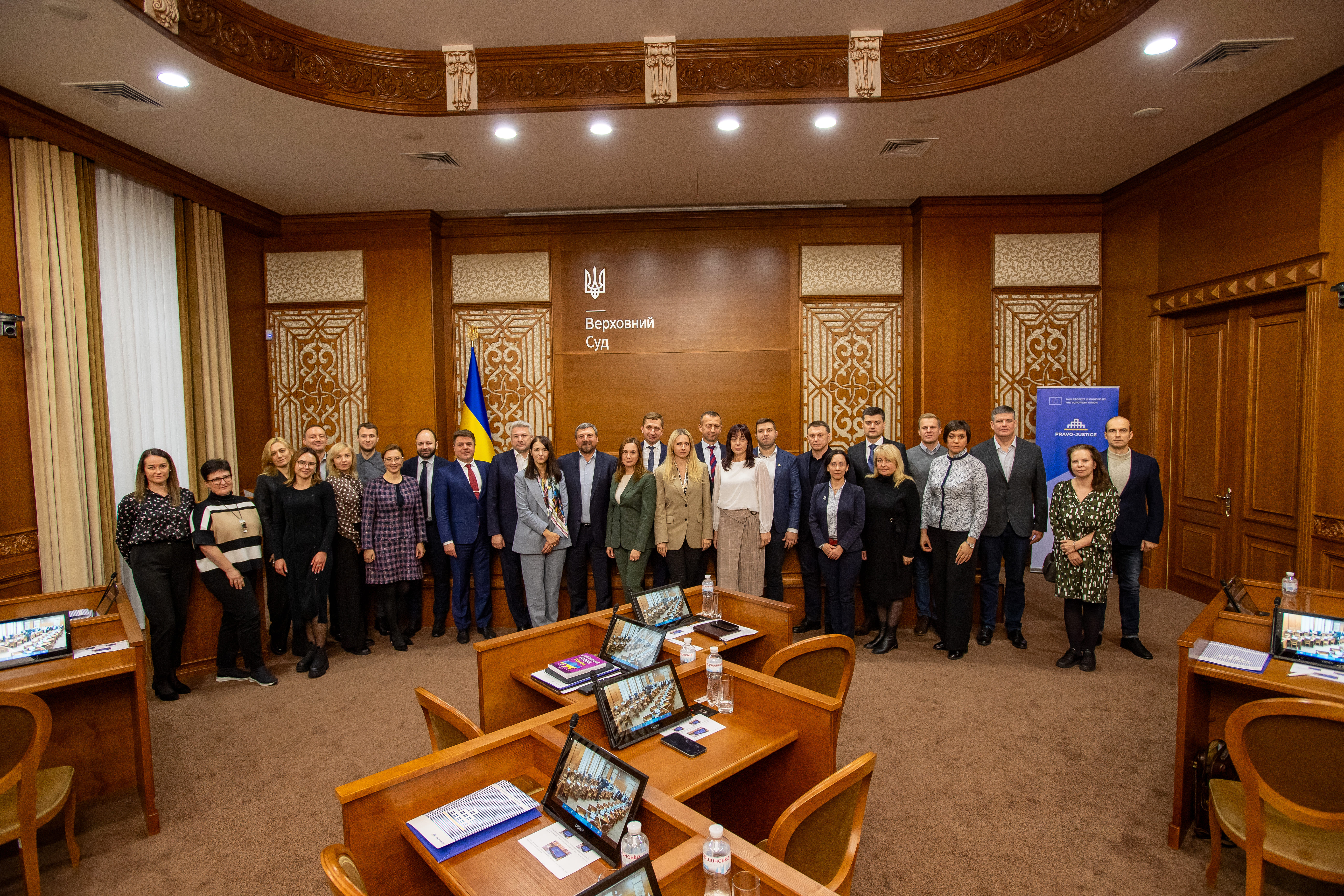Contact center of the Ukrainian Judiciary 044 207-35-46
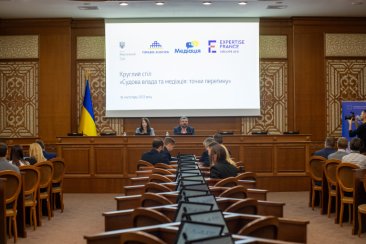
Mediation has become a commonly utilised practice in both global and European contexts for resolving disputes. The Law of Ukraine "On Mediation" opened a new page in the development of alternative dispute resolution.
Borys Hulko, President of the Civil Cassation Court of the Supreme Court, made this statement in his welcoming speech during the roundtable discussion "Judiciary and Mediation: Points of Intersection".
The President of the SC Civil Cassation Court noted that according to 2022 statistics, almost 3.5 million cases were pending in the courts of Ukraine. For various reasons, many of them have not been resolved. At the same time, the excessive length of judicial proceedings leads to a violation of the fundamental right of access to justice. Therefore, the use of mediation will help reduce the burden on the judicial system.
At the same time, according to Borys Hulko, many issues remain open for discussion, including the need to promote mediation in society and the ways in which the judiciary can contribute to this process. The roundtable was aimed at discussing these issues.
Oksana Tsymbrivska, Head of the EU Project Pravo-Justice in Ukraine, noted that 16 November 2023 was the second anniversary of the adoption of the Law of Ukraine "On Mediation", although this institution has been implemented in Ukraine for more than 30 years. Unfortunately, it is not widely used today. Two years is not a long time, but during this period it is already possible to analyse how the law is working in practice and to identify ways of improving the effectiveness of mediation.
The speaker noted that the Strategy for the Development of the Judicial System and Constitutional Justice for 2021-2023, approved by Decree of the President of Ukraine No. 231/2021 of 11 June 2021, recognises the need to develop mediation in the context of ensuring access to justice, increasing Ukraine's investment attractiveness and reducing social tensions in society.
Mediation is effective because it is based on the interests of the parties. Mediation may not always result in a consensus, but as a result of the process, the parties will understand the causes of their conflict and their own claims that they have made in the mediation process.
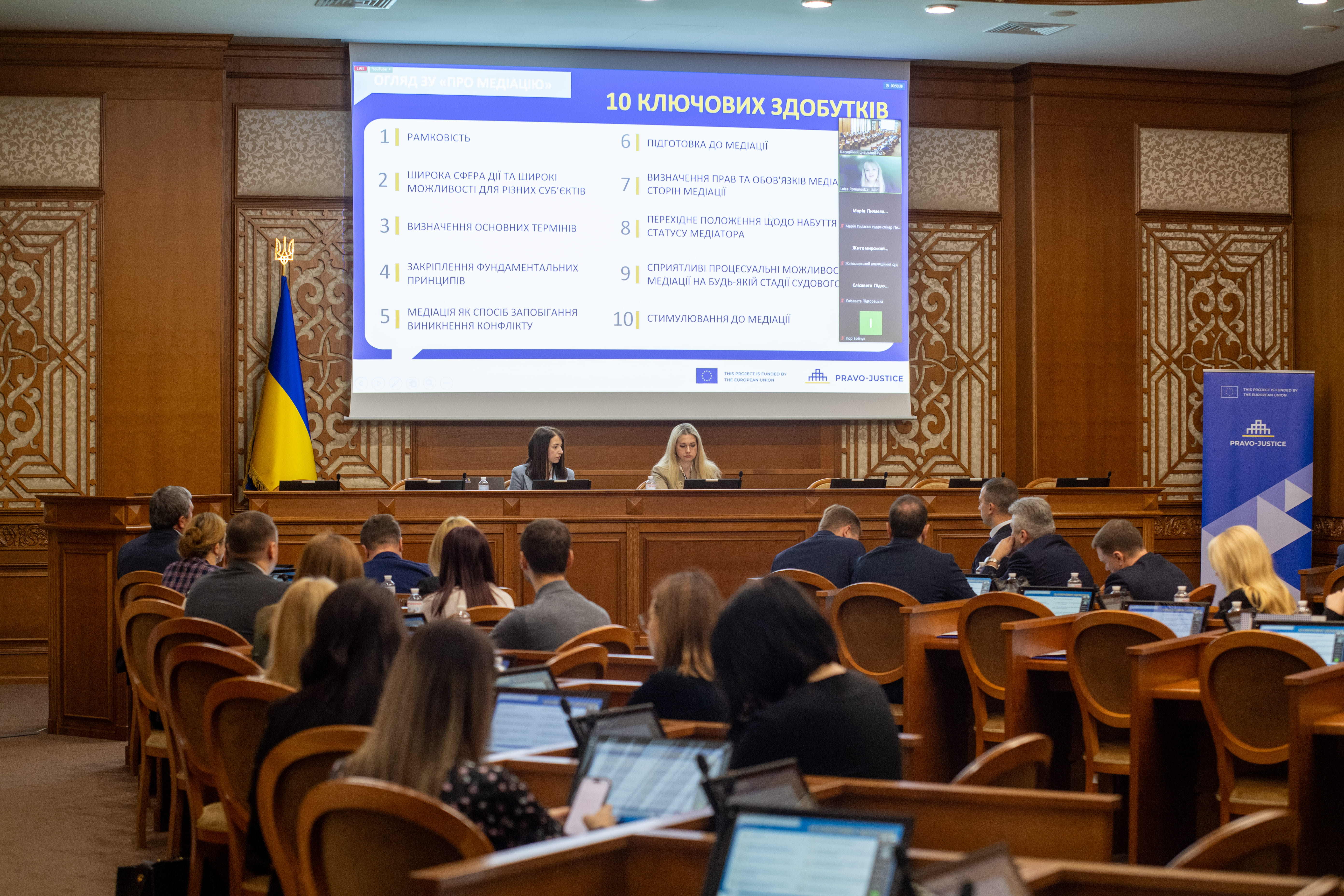
Luiza Romanadze, President of the Ukrainian Academy of Mediation, expert of the EU Project "Pravo-Justice", Head of the EU Project CONSENT, and Svitlana Sergeyeva, Vice President of the Ukrainian Academy of Mediation, expert of the EU Project "Pravo-Justice", made a presentation "Two Years of Implementation of the Law of Ukraine "On Mediation": Achievements and Challenges".
Luiza Romanadze stressed the importance of cooperation between mediators and courts. She analysed 10 key achievements of the Law of Ukraine "On Mediation":
Svitlana Sergeyeva outlined the achievements in the field of mediation over the past two years, as well as over the entire period of development of this institution in Ukraine. Among them:
In particular, the speaker noted that Ukrainian procedural legislation provides that the court should find out in the preliminary hearing whether the parties wish not only to reconcile, to settle the dispute with the participation of a judge, but also to reconcile through mediation. The parties also have the right to reconcile at any stage of the proceedings. In addition, a mediator may not be questioned in court as a witness regarding information that he or she has learned during mediation.
The expert also raised the issue of introducing mandatory mediation. In her opinion, this process should be done carefully and gradually to minimise risks. The issue of mediator training is also important.
In addition, Luiza Romanadze identified the main challenges for wider implementation of mediation in Ukraine: uneven state support for the development of mediation in certain areas; change of priorities in the focus of the state's attention due to the war; lack of the state's own example in the use of mediation; insufficiently active role of representatives of legal professions and authorities in informing and offering mediation; lack of an updated state standard of social mediation service; lack of a sustainable mechanism for engaging mediators to ensure the access to mediation for vulnerable groups, etc. She also noted the importance of mediators' interaction with the judiciary and other legal professionals.
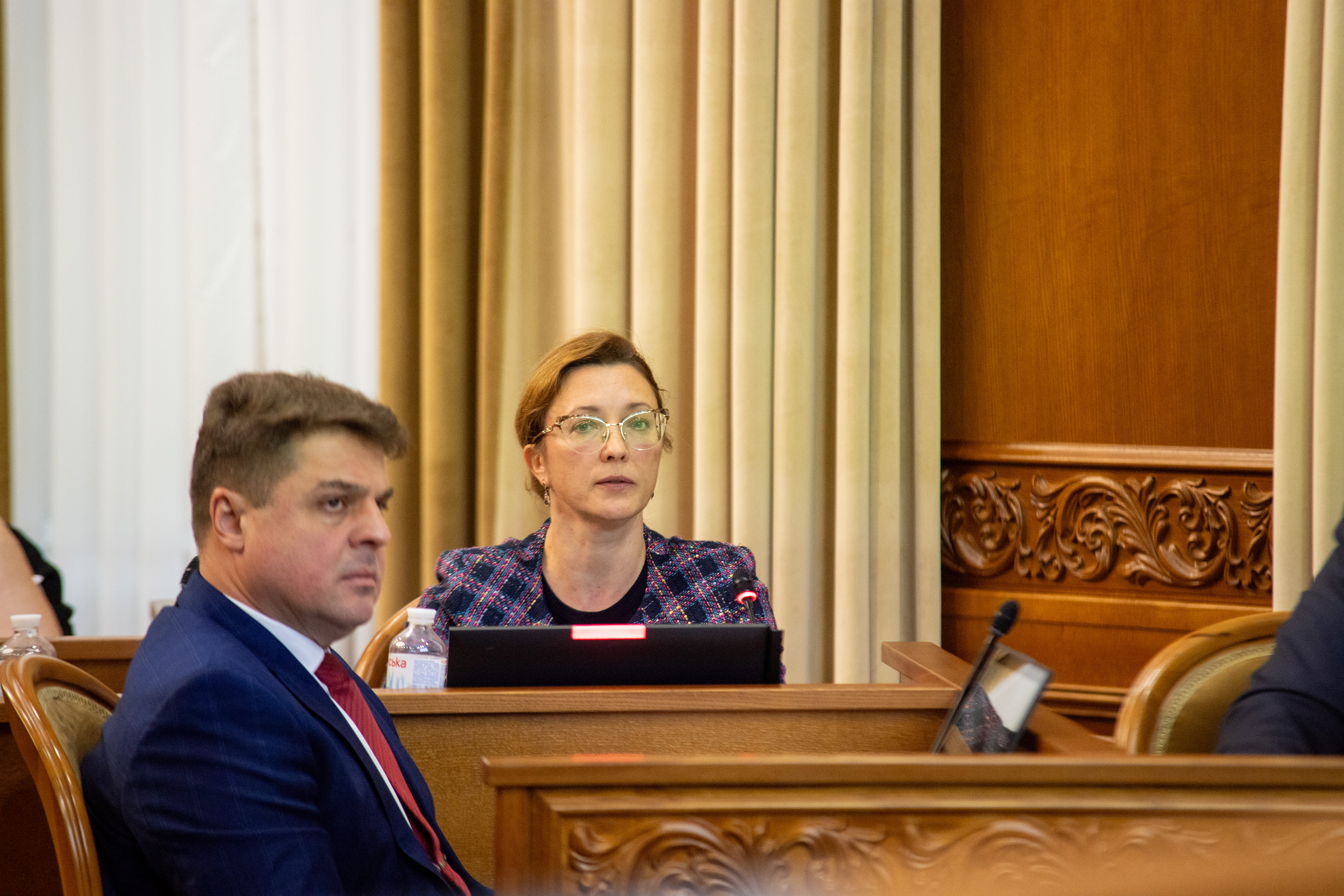
Olena Bilokon, Supreme Court Judge at the Civil Cassation Court, supported the view that mediation should be introduced as a mandatory pre-trial procedure in certain categories of disputes. In particular, this applies to disputes over determining the child's place of residence and/or establishing the method of participation in the child's upbringing.
The speaker observed that the court lacks the necessary flexibility, adaptability, and individual approach to effectively resolve emotionally exhausting disputes within this category. This necessitates the wider use of new approaches and means of out-of-court settlement of family disputes, one of which is mediation.
Judicial intervention in a family conflict usually occurs at a late stage, when the situation is very complicated. In addition, court procedures do not always take into account the specificities of family disputes and are excessively lengthy.
Olena Bilokon emphasised that a family conflict involving children should be resolved by a court with due regard for the best interests of the children. At the same time, children may feel uneasy during the legal proceedings, and executing the idea of court proceedings that are more conducive to children is challenging in reality. There is also a problem with the enforcement of court decisions in cases involving children - unless each party to the conflict is willing to comply fully and in good faith with the court order, it is very difficult to enforce such decisions.
In a mediation agreement, parties have the ability to extend their discussion beyond the dispute at hand, resulting in an agreement for harmonious coexistence outside the family, something which differs from a court decision. A specially trained mediator will be better able than a judge to help ex-spouses form a vision of peaceful and ecological coexistence and to focus on the needs of the child rather than on the division of property, mutual hostility and other hidden motives.
Given the principles of mediation, such as voluntariness, confidentiality and equal rights of the parties to the mediation, the chances of resolving a crisis situation or even preventing a family conflict with the help of a neutral and impartial mediator increase significantly.
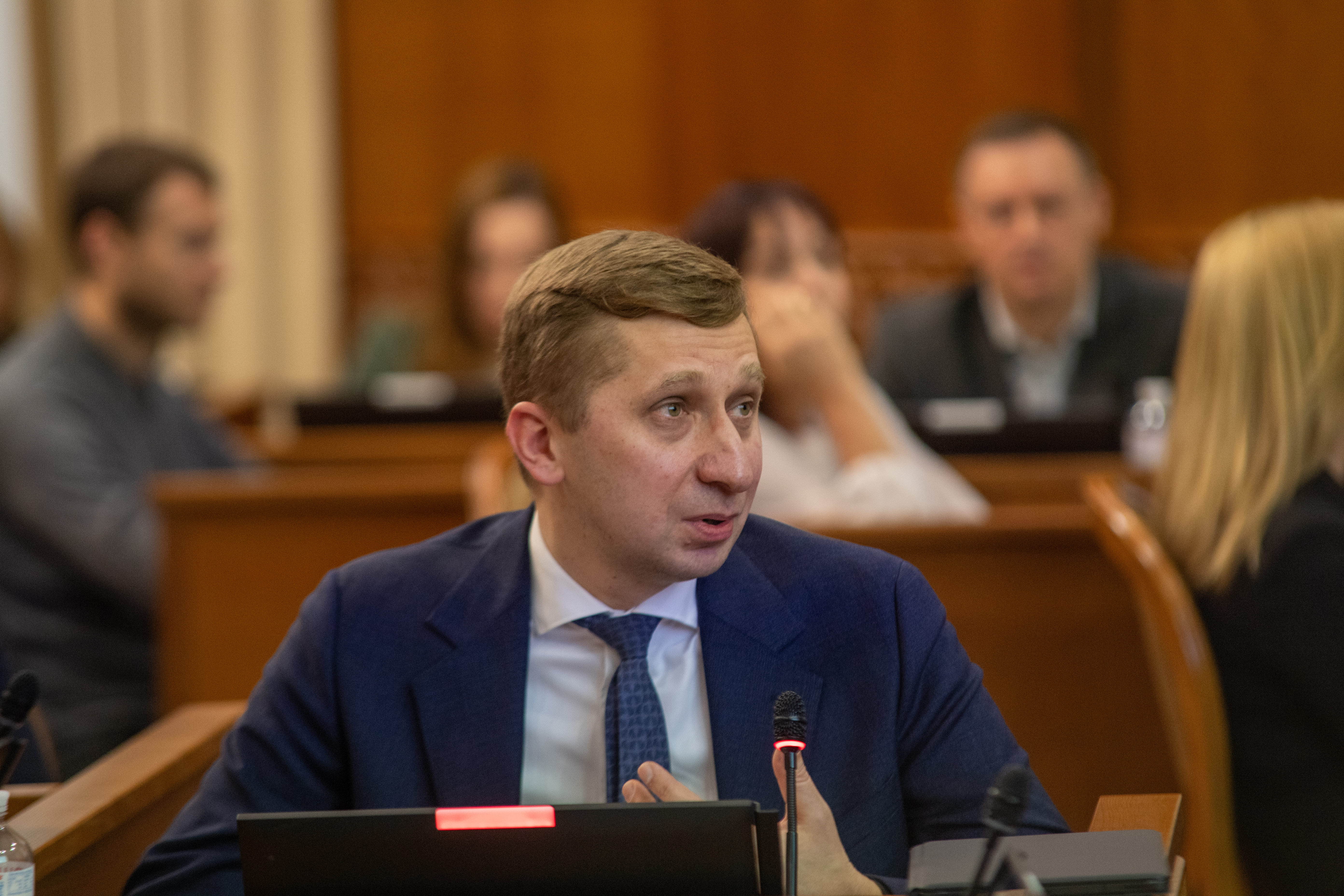
Maksym Titov, Supreme Court Judge of the Civil Cassation Court, noted that in Ukraine there were procedures for reconciliation between parties as early as the 16th and 17th centuries. At that time, disputes in the Volyn Voivodeship, which was part of the Polish-Lithuanian Commonwealth, were only partially resolved by the courts. A court case insulted the honour of a nobleman.
In the conciliation process, friends of the parties played an important role, as they could intervene in the dispute and sit at the negotiating table both before and during the trial. If the parties agreed to have recourse to a court of friends, friends from both sides, usually in equal numbers, would meet on a certain day at a certain manor or church and consider the claims of both opponents and settle the dispute. Those who lost less had to submit and apologise. The speaker noted that the Polish-Lithuanian Commonwealth was once one of the most powerful states in the world, so conflict resolution is a sign of a successful, healthy, mature state and society, something we lack today.
Maksym Titov also expressed his belief that mediation is not working in Ukraine today, mainly because not everyone wants to decide their own fate, but rather rely on someone else, in this case the court.
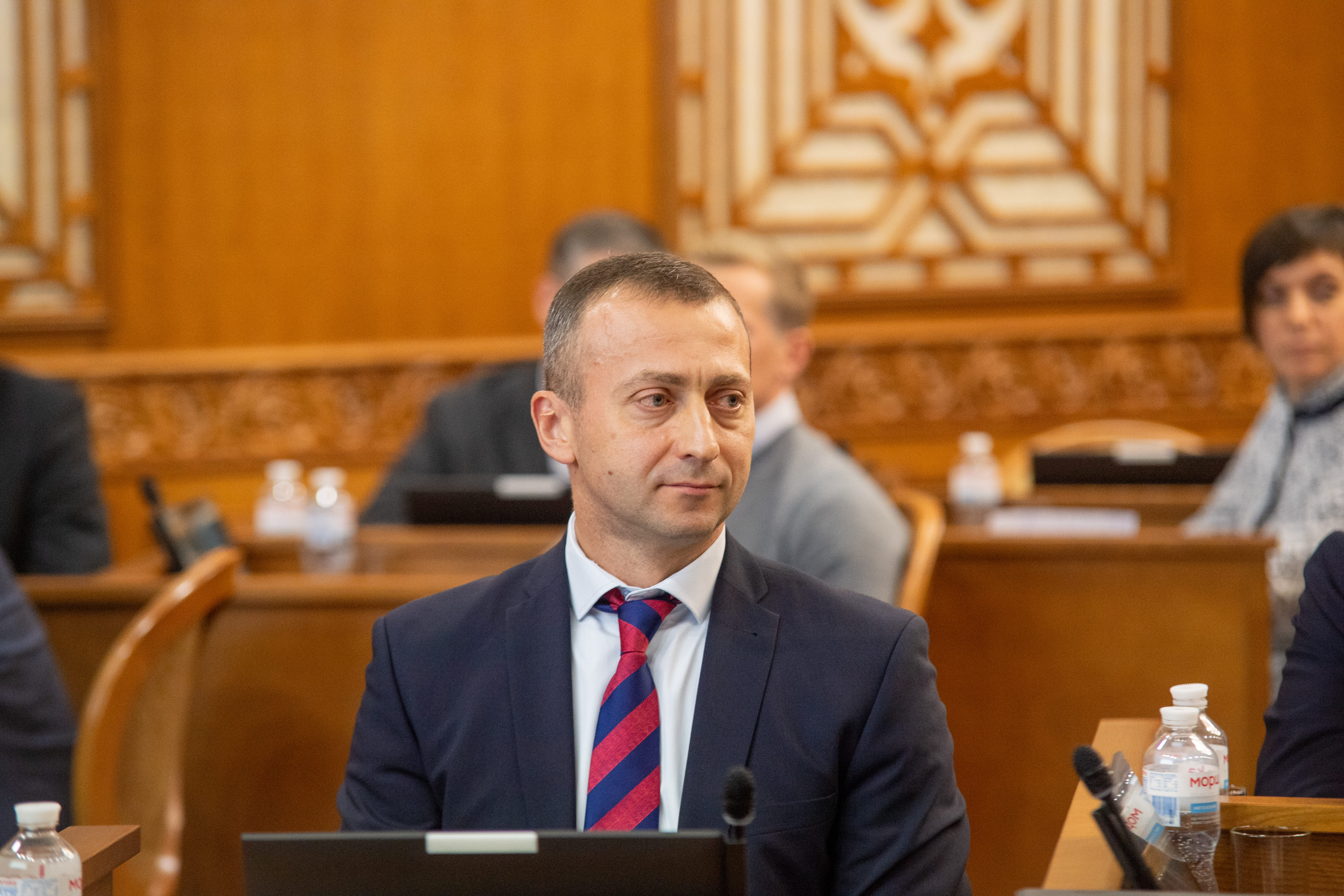
Yevhen Synelnykov, Supreme Court Judge of the Civil Cassation Court, noted that holding such an event in the Supreme Court with the participation of judges of all instances shows that judges are aware of the need for mediation procedures, their importance in preventing conflicts, resolving them, reducing the burden on the judicial system, and reducing conflicts in society in general.
He supported the dialogue on mandatory specialisation, particularly in family disputes, as these disputes require flexible approaches, interdisciplinary cooperation and child-friendly dispute resolution. Yevhen Synelnykov also supported the idea of involving retired and dismissed judges as mediators or representatives of the judiciary under whose supervision judicial mediation could be conducted.
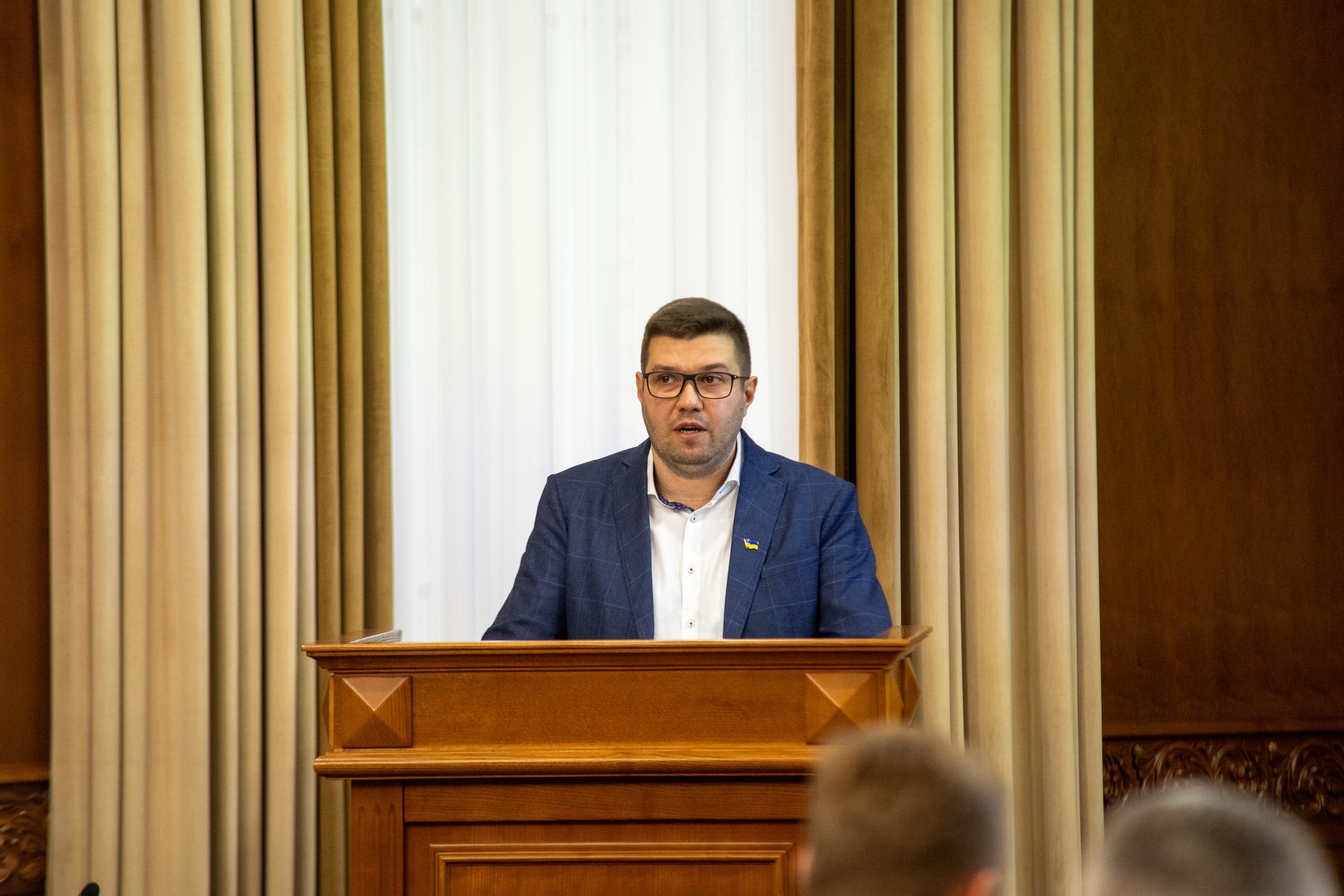
Andrii Ryshchenko, Judge of the Dnipropetrovsk District Administrative Court and President of the Ukrainian Judicial Association for Mediation, said that judges should be more actively involved in promoting and popularising mediation, as this is a task for both the state and judges. He noted that Ukraine was following the European path, and most EU countries have judges-mediators, external mediators, and many countries introduce mandatory mediation in certain categories of disputes, in most cases these are family disputes and very emotional disputes.
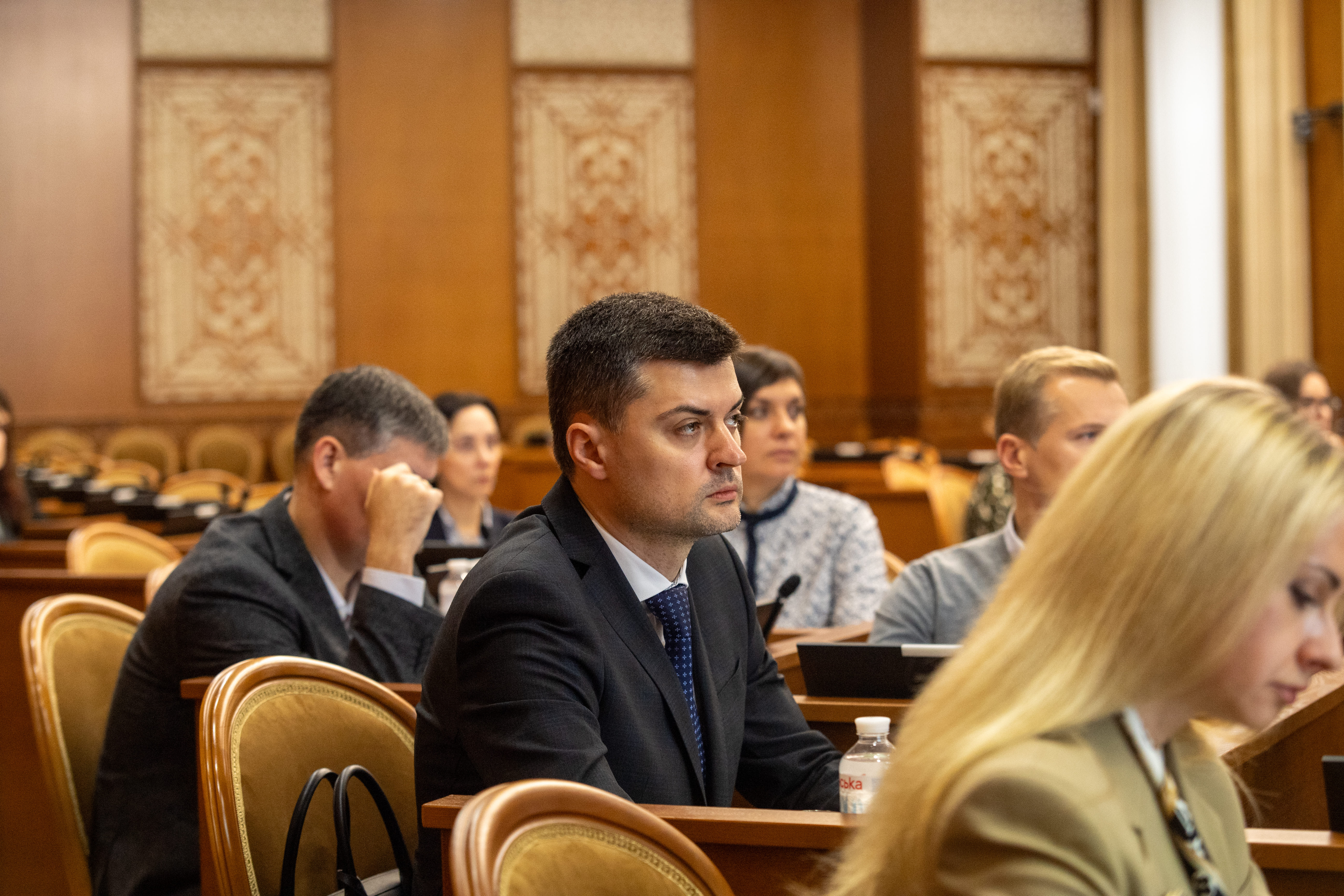
Maksym Khodakivskyi, Judge of the Zhovtnevyi District Court of Dnipro, Member of the Board of GEMME Ukraine, Mediation LL.M., drew attention to the Recommendations of the European Commission on the Efficiency of Justice of the Council of Europe (CEPEJ), which state that judges play a crucial role in promoting a culture of amicable dispute resolution and provide certain tools on how to promote mediation in general and what judges should do to this end. In particular, judges should be able to provide information, organise information sessions on mediation and explain the advantages of the procedure. According to the speaker, this requires appropriate training for judges.
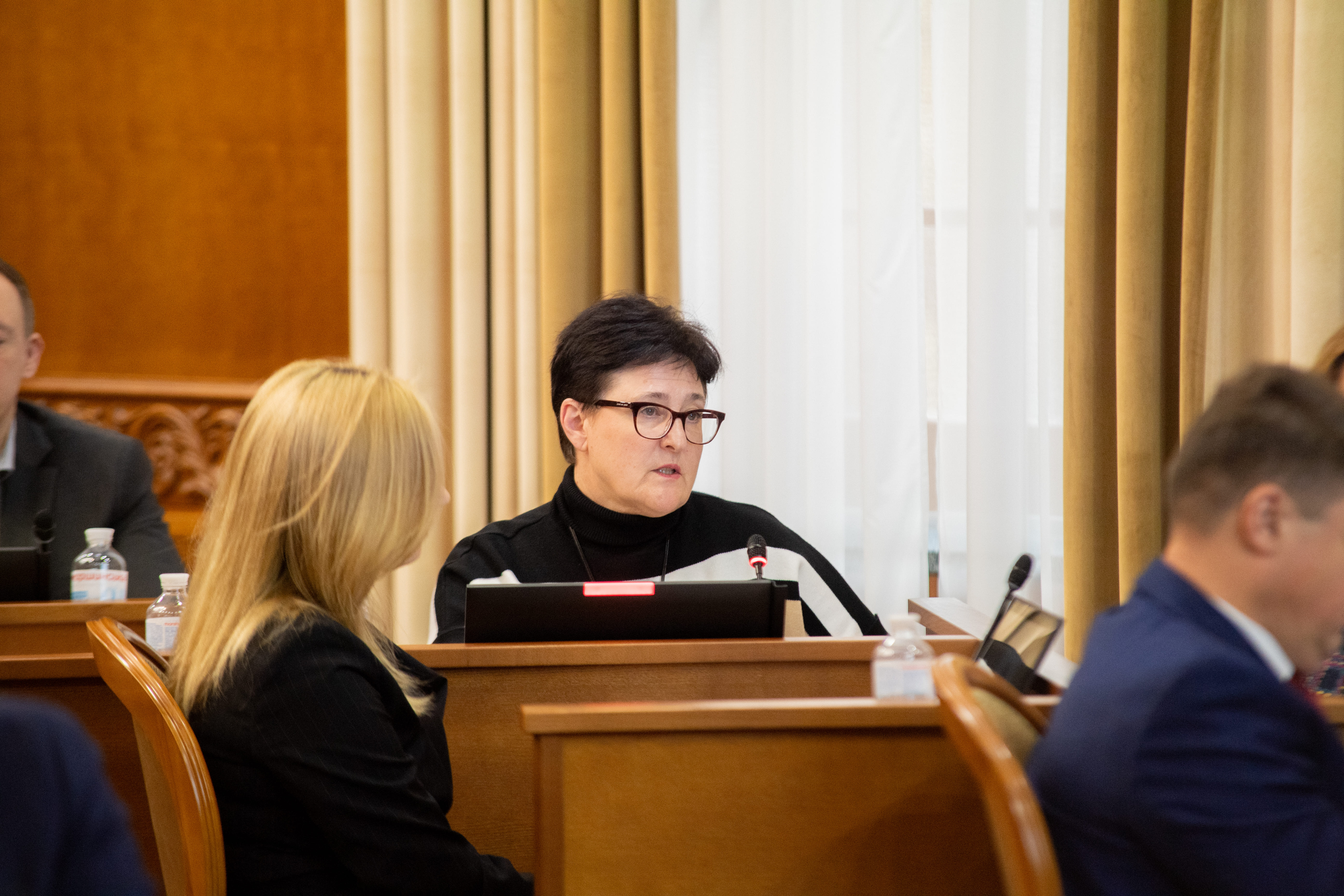
Viktoriia Shebuieva, Judge of the Kyiv Court of Appeal, noted that judges are interested in resolving conflicts between parties with the participation of mediators. She drew attention to Article 16 of the Civil Procedural Code of Ukraine, according to which the parties shall take measures for the pre-trial settlement of a dispute by agreement between them or in cases where such measures are mandatory by law; persons who have violated the rights and legitimate interests of others shall be obliged to restore them without waiting for the filing of a claim or lawsuit. In other words, the procedural law provides for the possibility of mandatory preliminary measures that parties to the conflict must undergo before going to court. According to the judge, a mandatory pre-trial negotiation procedure should be introduced in cases involving children.
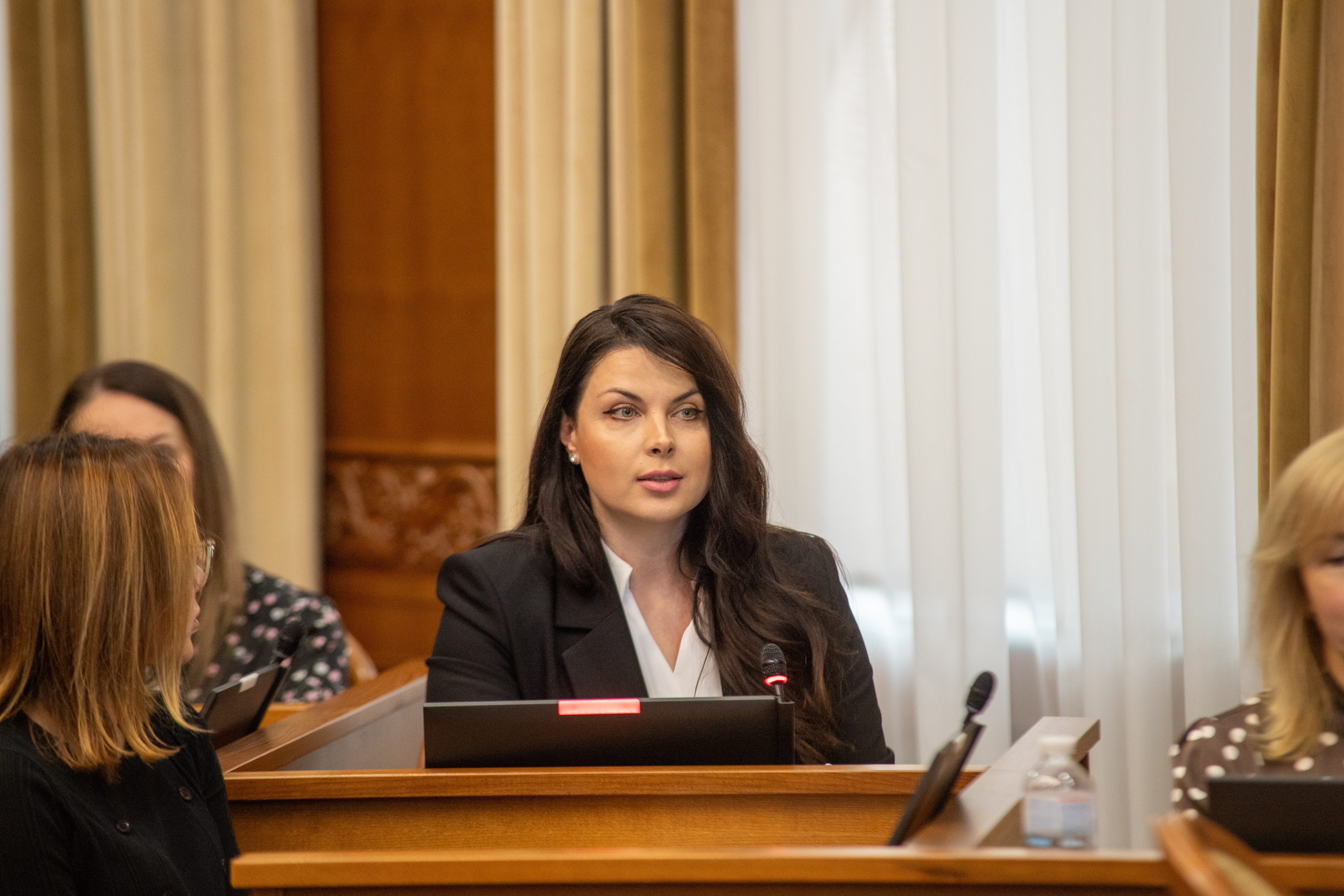
Mariia Sirotkina, a scientific advisor to the Supreme Court, stressed that the legal nature of mediation is based on voluntariness, so it is impossible to talk about the compulsory nature of this procedure in litigation. In the provisions of the Law of Ukraine "On Mediation", the legislator emphasised that mediation is an out-of-court method of dispute resolution, so for the time being we cannot talk about a judge-mediator or such a mandatory stage of the process as mediation in Ukrainian court proceedings in a certain category of cases. However, in her view, there are some limited examples of judicial mediation, such as the establishment of settlement agreements in civil cases, reconciliation agreements in criminal cases, where the parties may involve other persons - an intermediary or a mediator - in the conclusion of such an agreement. Since the Law of Ukraine "On Mediation" is a framework law, it is necessary to consider making amendments to improve its effectiveness, according to the speaker. She noted that the public interest in this procedure primarily requires informing people (possible participants in mediation) about the existing and statutory dispute resolution procedure, the advantages of resolving a dispute through mediation over litigation, and the effectiveness of such a procedure.
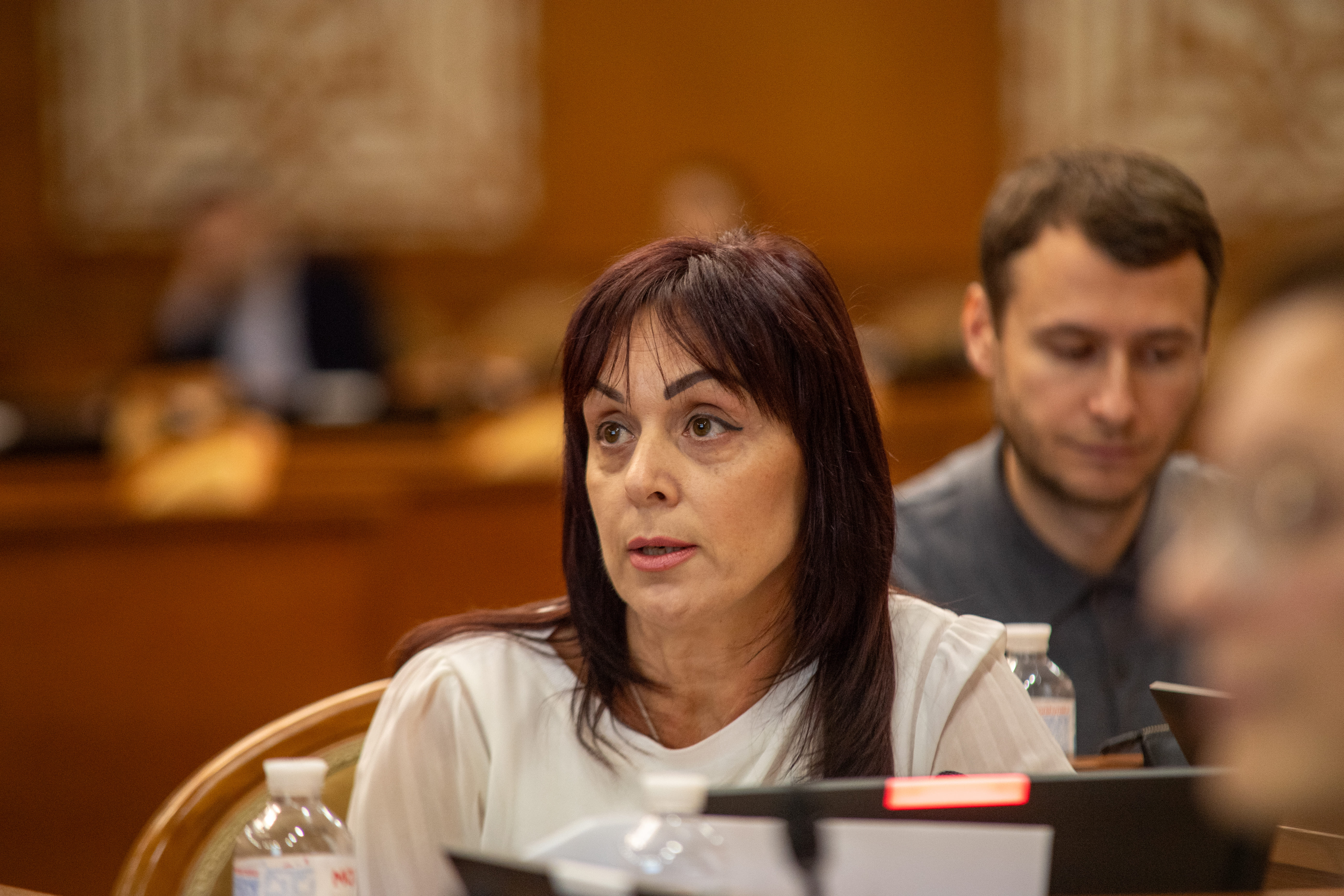
Valeriia Babko, Judge of the Desnianskyi District Court, stressed that a distinction should be made between mediation and dispute resolution involving a judge. She has successful experience in resolving disputes with the help of a judge, but pointed out that today it is difficult for judges to conduct such proceedings due to the excessive workload caused by the shortage of judges and the large number of cases. It is also necessary, according to the speaker, that the judge conducting such a procedure has certain knowledge and skills. Provision should therefore be made for the possibility of transferring such disputes from a judge who does not have such skills to a judge who can deal with them more efficiently.
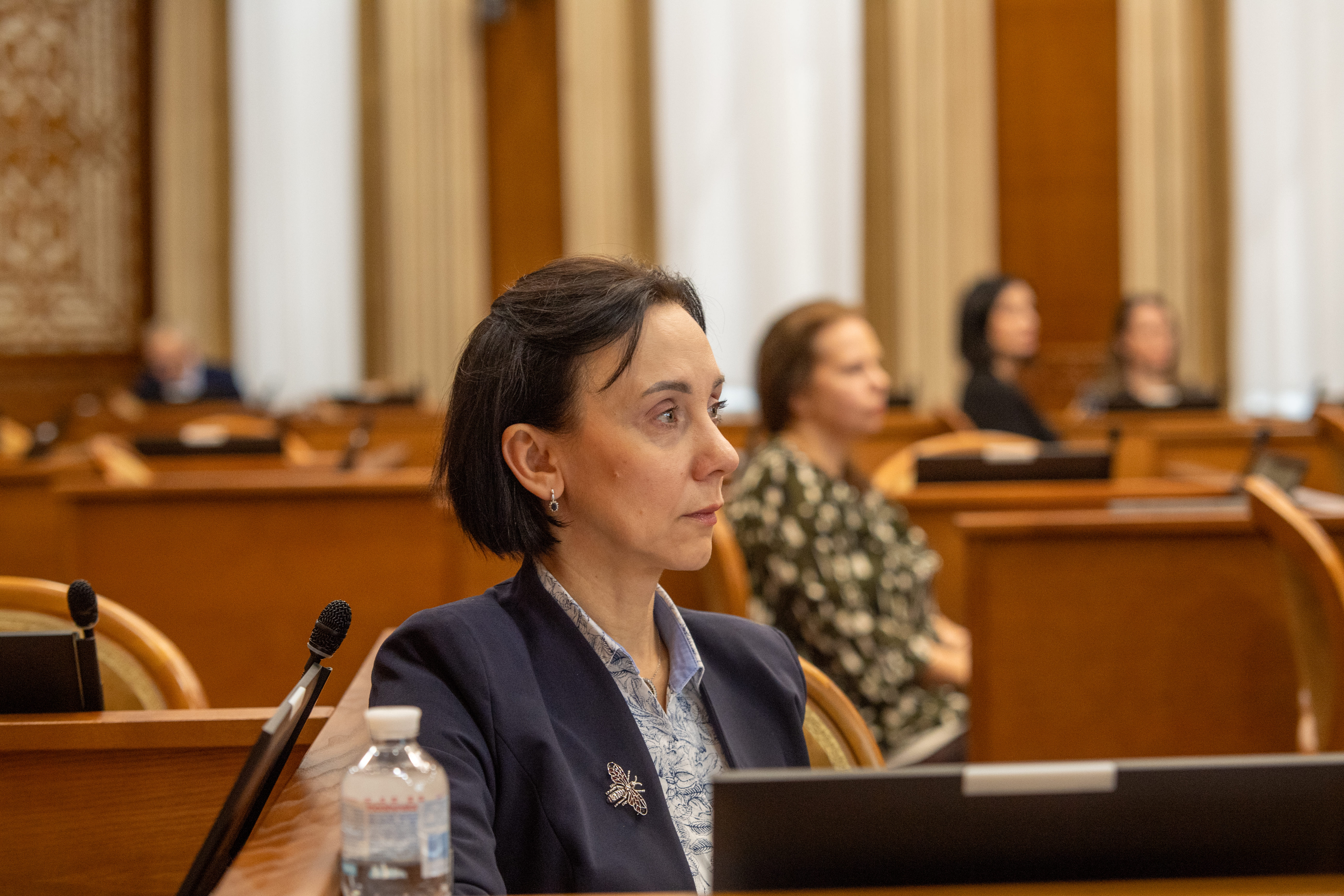
Svitlana Savytska, a family law lawyer, noted that mediation and its development are closely linked to the ability of society as a whole to communicate. Because the biggest problem, especially in family disputes that go to court, is the inability of the parties to communicate, to understand their interests, to identify their risks, and therefore to reach an amicable agreement. Mediation is a really good tool, especially in family disputes. The lawyer also drew the judges' attention to the fact that there are cases of mediable disputes. In such cases, the parties cannot be forced to reach an agreement.
The event is organised by the Supreme Court in cooperation with the EU Project Pravo-Justice.
Video of the event is available at http://surl.li/ngnqd.
